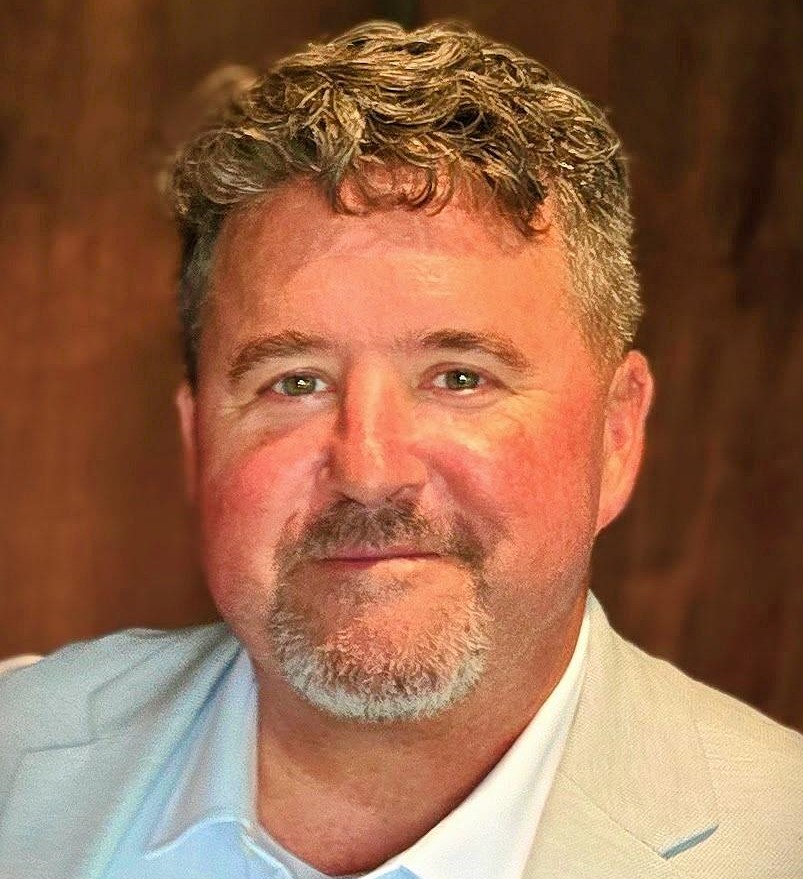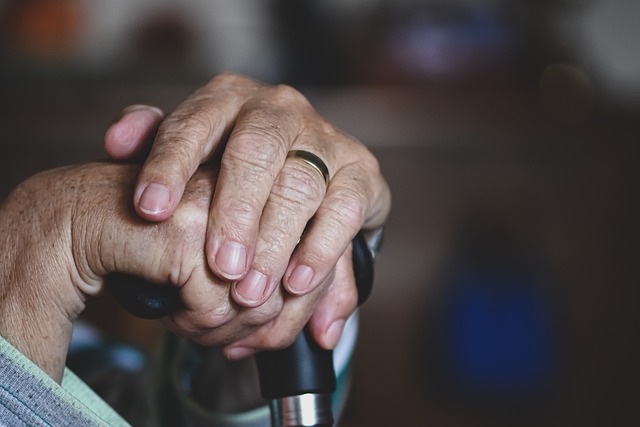Signs Your Loved One with Dementia Needs Nursing Home Care
Knowing your aging loved is progressing into the latter stages of dementia is an unfortunate reality for many. However, not all hope is lost. The right senior board-and-care can create a safe space for aging loved ones, ensuring their dementia can be managed safely during their later years.
But, how do you know when it’s time to make the move to a nursing home? Here are some signs to look for so you can put your mind at ease and start seeking help for dementia.
Safety Issues
The World Health Organization reports that dementia is the 7th leading cause of death among older adults. While early signs of dementia are forgetting names, faces, and places, eventually the symptoms can become more serious for older, unsupervised adults.
If you’ve found your loved one has wandered outside or become lost, this might be a sign that more intensive care is needed. Being lost combined with not knowing how or who to call for help might make the episode very serious, or potentially fatal.
While it’s good to keep an optimistic outlook toward your loved one’s diagnosis and encourage activities of daily living, when safety is a concern, it’s important to take action for the sake of their well-being. A senior nursing home with dementia care can provide them with the right balance of independent living and supervision to ensure their safety.
Becoming Incontinent and Hygienic Issues
Unfortunately, for people with advanced dementia, the loss of bowel or urine control, known as incontinence, might become a part of life. Incontinence is a hygienic and medical issue, as it can lead to recurring skin and urinary tract infections.
But, what if it is a struggle to help your loved one wipe and clean properly? People with dementia’s resulting memory loss which makes it difficult to trust those around them. If paranoia is an issue, your loved one might not trust you to help them clean up.
In a senior nursing home with dementia care, trained professionals can handle incontinence issues sensitively and professionally. They can also assist with personal hygiene tasks while maintaining the dignity and privacy of your loved one.
Caregiver Stress
Nursing homes like ours often have trained care staff, including multiple nurses who take shifts to ensure someone is available “around the clock.” Imagine needing to take on the role of those people while maintaining your regular ‘day-to-day’ life. This is why caregiver burnout is so common in loved ones of people with dementia.
Senior board and care homes specializing in dementia care can alleviate some of this stress by providing around-the-clock care and support for your loved one. Having a care team on hand means you can rest easy, allowing yourself to re-energize physically and mentally knowing your loved one is in good hands.
Agitation and Aggression
Mood swings, distrust, and even inappropriate behaviors are all challenging changes that hinder the quality of care and life for those with dementia. These could be a result of confusion, fear, frustration or even physical discomfort.
If your loved one is showing these signs, know that it is not your fault and might be difficult for trained nurses to handle, let alone someone who is a caring relative of the person with dementia. Nursing homes that specialize in dementia care have a team of trained staff who know how to effectively manage these behaviors so your loved one continues to be safe, physically and emotionally.
Social Withdrawal
It can be difficult to imagine what someone with dementia is experiencing, as they are unable to remember who people are, or even if they are safe. Even those who were most outgoing often become withdrawn.
Social activities like those done at senior living homes can be a great way to have your loved one participate in social activities comfortably. Studies on occupational therapy for people with dementia also showed an improved quality of life. This type of “occupational therapy” refers to a variety of activities designed to improve the quality of life for the elderly person – like increased training for the caregiver, group exercise activities, and improvements to the physical environment (i.e. to make it safer).
You might not have the resources to implement occupational therapy, a senior nursing home can.
Activities that can help your loved one feel safe and improve social withdrawal include:
- Listening to music
- Group chair yoga activity
- Looking at old family photos
- Gardening
- Reading a book together
- Taking a walk around the nursing home grounds
Senior board and care homes can provide the time and support needed for these activities. They will also have trained staff who know how to encourage participation and tailor activities for your loved one with dementia.
Sleep Disturbances
Regulating your sleep clock is automatic for most people. However, those living with dementia might experience hormonal imbalances, disturbances in their sleep cycle, and even overstimulation throughout the day that leads to poor overall sleep. Some might even experience aggression, distress, and hallucinations as the day winds down.
This phenomenon is known as sundowning, and it can make life more challenging for both you and your loved one. If you find yourself constantly waking up in the middle of the night to take care of your loved one’s needs, or simply not sleeping at all it might be time to consider assisted living. Senior nursing homes have trained staff members who can monitor and assist with sleep disturbances, helping to ensure both you and your loved one get enough rest at night.
Reach Out Today for Support with Elderly Care
If you live in the San Diego area and would like to speak to one of our compassionate coordinators about yourself or your aging elderly relative, please contact Present Moments Senior Living today at (442) 232-2824. We can answer all of your questions, and you are welcome to take a tour to meet the staff (virtually or on-site). Our goal is to put your mind at ease so that your loved one with dementia is in good, caring hands.

Mark Gladden is the Founder and CEO of Present Moments Senior Living, a cozy and comfortable family-run Board and Care in San Diego. Mark is also a U.S. Veteran-in-recovery who has been serving the recovery community of San Diego for a decade. As Founder and CEO of Present Moments Recovery, which is an addiction treatment program for adults in San Diego, he has helped countless individuals and families on their path to recovery and wellness.

